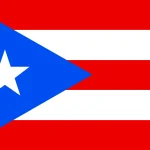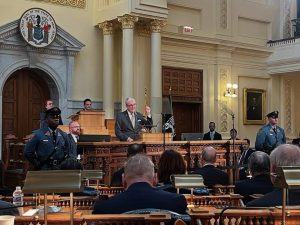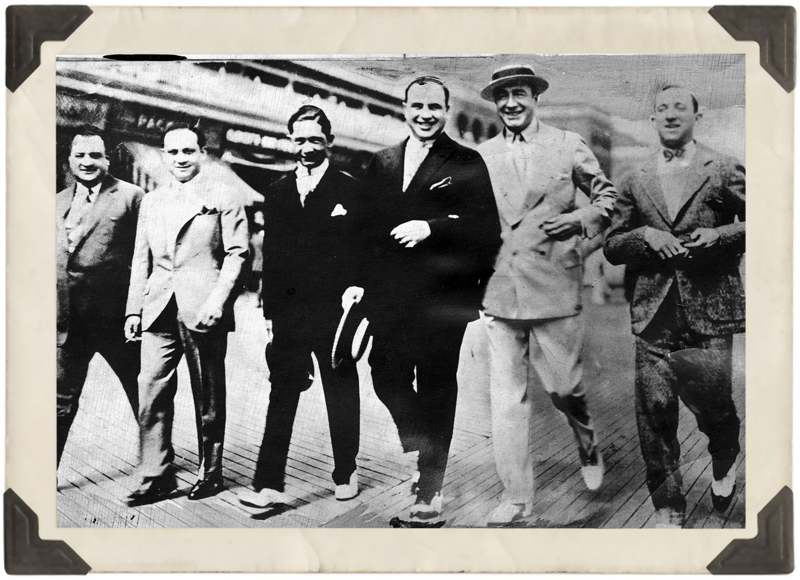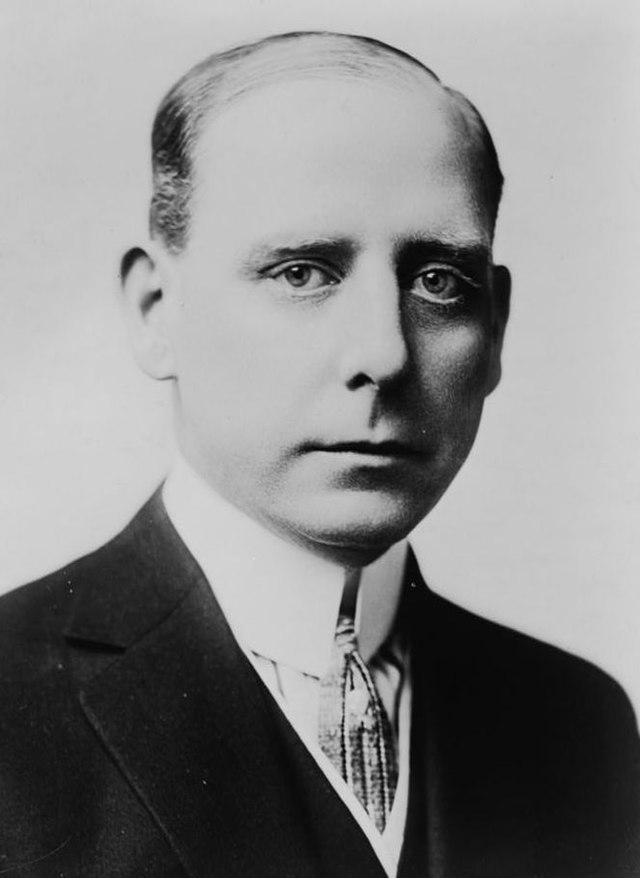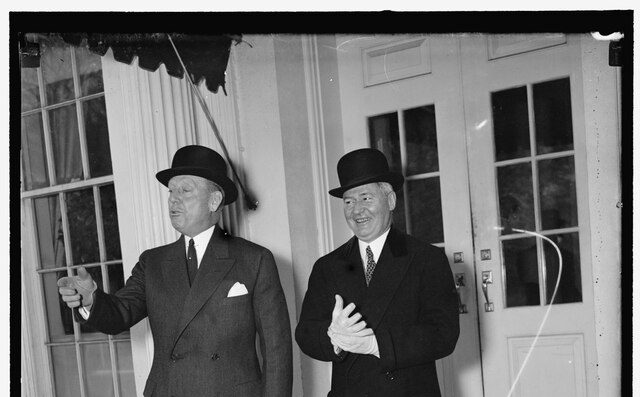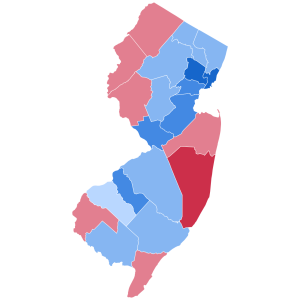Enoch Lewis “Nucky” Johnson, Atlantic City’s notorious political boss during the Prohibition era, left a legacy that continues to shape New Jersey politics to this day. While his flamboyant lifestyle and influence on Atlantic City’s rise as “The World’s Playground” are well-documented, his behind-the-scenes innovations in political strategy and control still echo in the state’s political systems, including the much-debated “county line.”
During his reign from the 1910s to the 1940s, Johnson mastered the art of consolidating power through patronage, loyalty, and unrelenting control of Atlantic City’s Republican political machine. His influence extended far beyond the Boardwalk, impacting statewide elections and shaping the political culture of New Jersey. Johnson’s methods for securing power laid the groundwork for what would later evolve into the county line ballot system, which became a hallmark of New Jersey politics. By leveraging his position as county treasurer and controlling local party endorsements, Johnson ensured that his allies dominated elections, while challengers struggled to gain a foothold.
The county line system, which groups candidates endorsed by local political bosses together on primary ballots, became a powerful tool for preserving machine politics. Its structure mirrored Johnson’s approach—rewarding loyalty, punishing dissent, and ensuring that the party apparatus dictated the outcome of elections. Although Johnson’s downfall came with his conviction for tax evasion in 1941, the political strategies he championed continued to thrive, cementing the dominance of party bosses across the state.
As recent legal battles challenge the fairness of the county line system, its roots in figures like Nucky Johnson are hard to ignore. Johnson’s ability to wield the mechanisms of government for personal and political gain serves as a reminder of how deeply entrenched these systems became in New Jersey politics. Critics of the county line today argue that it stifles competition, discourages voter choice, and perpetuates a form of boss-driven politics that Johnson epitomized.
Despite the controversies surrounding his methods, Johnson’s legacy in Atlantic City and New Jersey politics is undeniable. His innovations in political strategy not only defined an era but also created systems that have shaped elections for decades. As New Jersey moves toward dismantling the county line, Johnson’s shadow looms large, a reminder of how deeply machine politics have influenced the state’s democratic processes. The end of the county line could signal the final unraveling of the political architecture that Johnson helped build, marking the close of a chapter that began nearly a century ago on the Boardwalk.




